Waste to Wealth
Winning a bid for a municipal solid waste management project represents not only an opportunity to provide essential services to the community but also a chance to engage in a profitable venture. To ensure profitability, it is crucial to understand how to leverage operational efficiencies, innovative technologies, and government policy support.
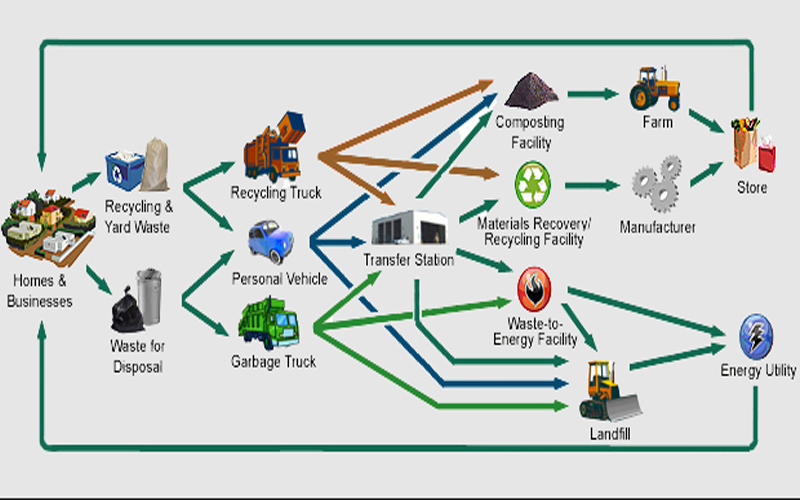
Operational Efficiency:
Achieving operational efficiency is key to the profitability of a municipal solid waste project. This can be done by optimizing collection routes using advanced GPS and route-planning software, reducing fuel consumption and labor costs. Investing in modern waste processing facilities that can handle sorting, recycling, and composting efficiently will decrease the volume of waste sent to landfills, thereby lowering disposal fees and creating additional revenue streams from recycled materials.
Innovative Technologies:
The integration of innovative technologies can significantly boost profitability. For instance, the use of waste-to-energy (WTE) plants can convert non-recyclable waste into electricity or heat, which can be sold back to the grid. Advanced sorting technologies can increase the purity of recyclables, making them more valuable on the market. Moreover, leveraging IoT sensors for smart bins can improve collection schedules and reduce unnecessary pick-ups.
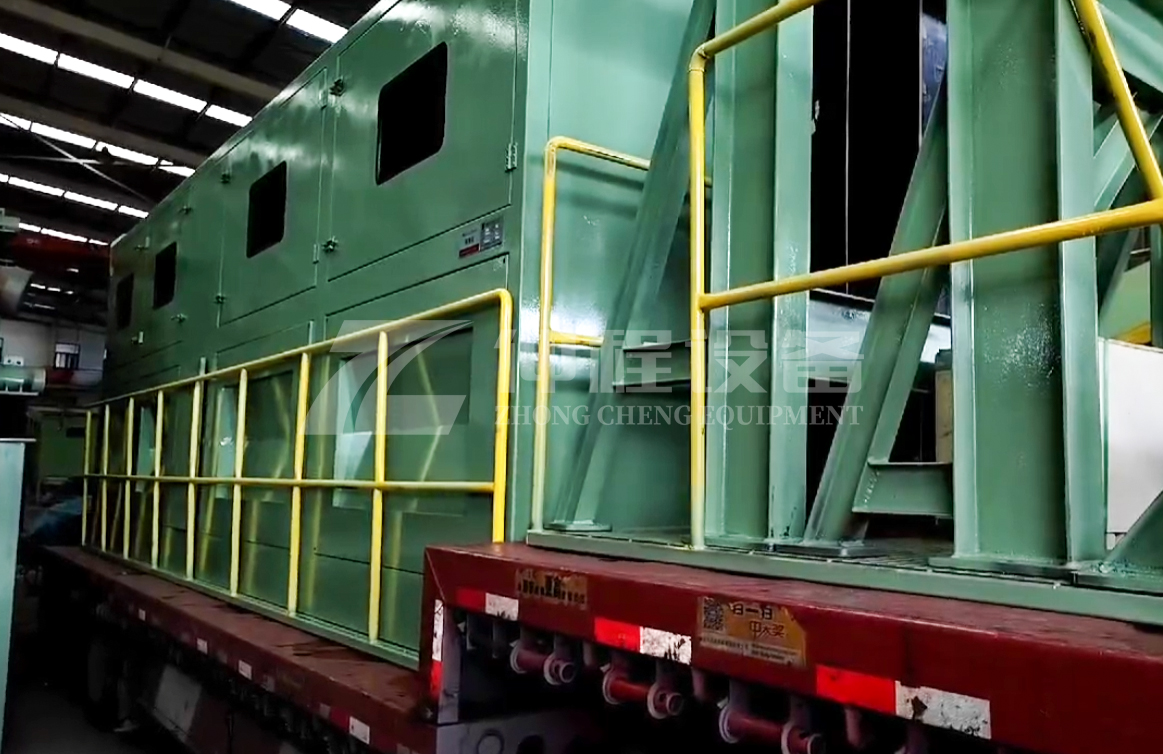
Government Policy Support:
Government policies play a vital role in supporting the success of municipal solid waste projects. Favorable regulations such as subsidies for renewable energy production, tax incentives for green businesses, and grants for research and development can greatly enhance the financial viability of such projects. Additionally, strict enforcement of waste segregation at source can lead to higher quality recyclables and lower processing costs.
Market Dynamics:
Understanding market dynamics is important for long-term profitability. The fluctuating prices of recyclables on the global market can impact revenues. Therefore, establishing stable contracts with buyers and exploring multiple markets can mitigate risks associated with price volatility.
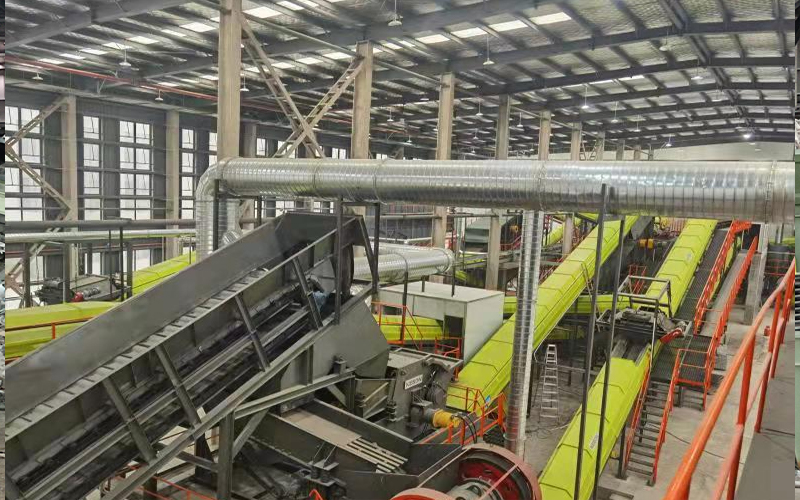
Community Engagement:
Engaging the local community in waste reduction and recycling efforts can lead to decreased waste generation and increased participation in recycling programs. Educational campaigns and community outreach initiatives can foster a culture of sustainability, ultimately benefiting the project's bottom line.
A successful municipal solid waste project relies on a combination of efficient operations, technology adoption, and supportive government policies. By embracing these elements, companies can turn the challenge of waste management into a sustainable business model that benefits both the environment and their shareholders. Through continuous innovation and adaptation to changing policies and market conditions, businesses can maintain profitability while contributing positively to society and the environment.
-
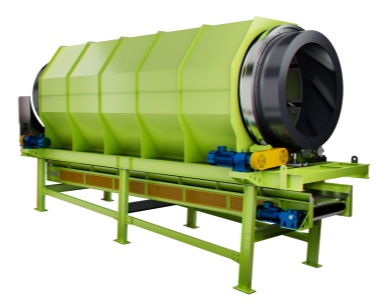 Trommel screenTrommel screen, also known as drum screens, are widely used in various industries for sorting and separating materials.Get Quote
Trommel screenTrommel screen, also known as drum screens, are widely used in various industries for sorting and separating materials.Get Quote -
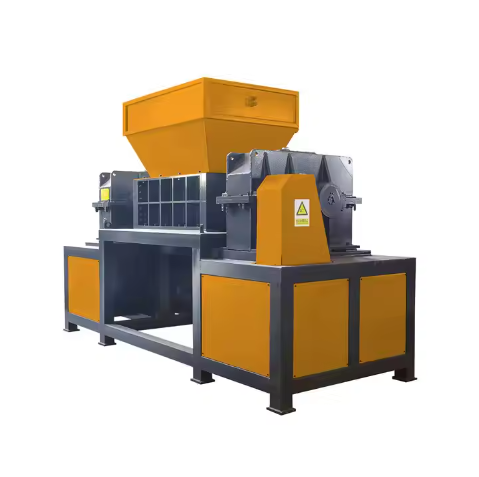 Crop straw double shaft shreddApplications:Biomass Energy Production: Shredded straw can be used as a feedstock for bioenergy plants to produce electricity or heat.Livestock Feed: Reduced-si...Get Quote
Crop straw double shaft shreddApplications:Biomass Energy Production: Shredded straw can be used as a feedstock for bioenergy plants to produce electricity or heat.Livestock Feed: Reduced-si...Get Quote -
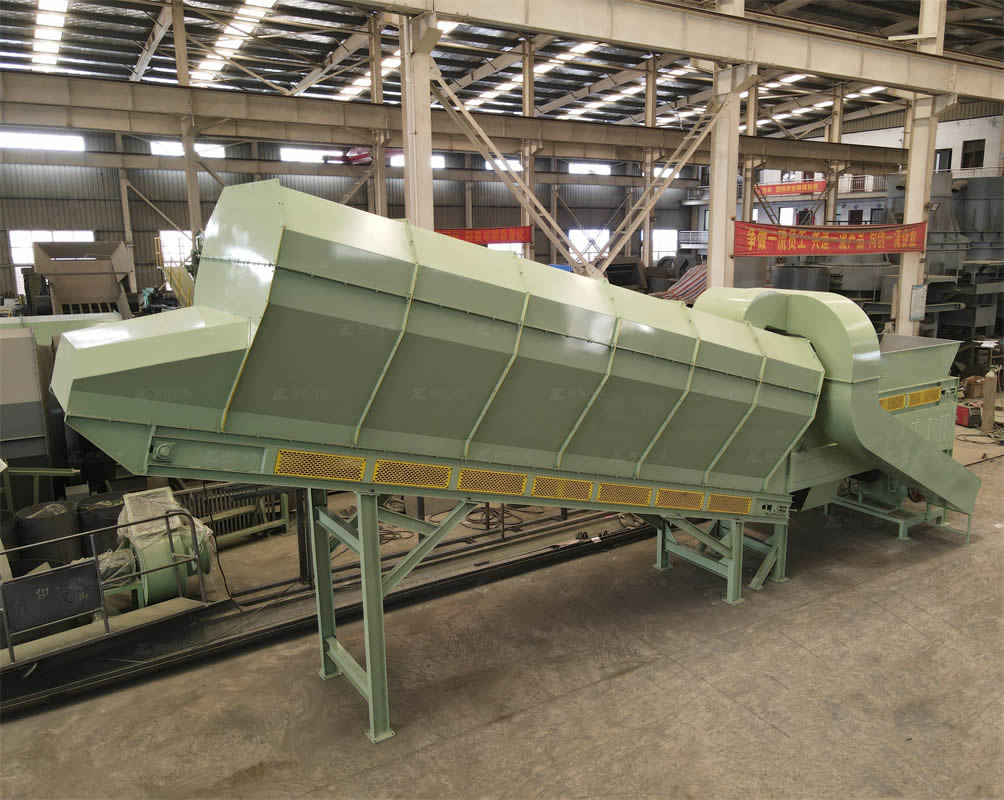 Zhongcheng Air Drum SeparatorAir drum separators effectively separate lightweight materials (e.g., plastics, paper) from heavier materials (e.g., metals, glass). This high efficiency is cru...Get Quote
Zhongcheng Air Drum SeparatorAir drum separators effectively separate lightweight materials (e.g., plastics, paper) from heavier materials (e.g., metals, glass). This high efficiency is cru...Get Quote
-
2023-01-12Conveyor BeltGarbage conveyor/Trash conveyor belt system is a processing line to classify paper, plastic, metal, glass, and organic matter and realize the recycling of rubb...
-
2024-06-09Advantages of Using Drum Screening Machines in Waste ManagementUnderstanding the working principle of drum screening machines is essential to appreciate their efficiency and effectiveness in waste management. Operation and ...
-
2024-08-06Plastic double shaft shredderOperation:Feeding: The plastic material is fed into the shredder through the infeed system.Shredding: As the material enters the shredding chamber, the rotating...
-
2024-07-10msw trommel screen for waste recycling machineThis equipment is suitable for the particle classification process in all walks of life:The equipment is simple, easy to operate,and can be operated with a larg...
-
2024-05-20Mobile Impact Crusher PlantThe mobile impact crusher plant is a kind of crushing equipment based on a mobile platform. It uses an impact crusher as the host machine and is usually equippe...



